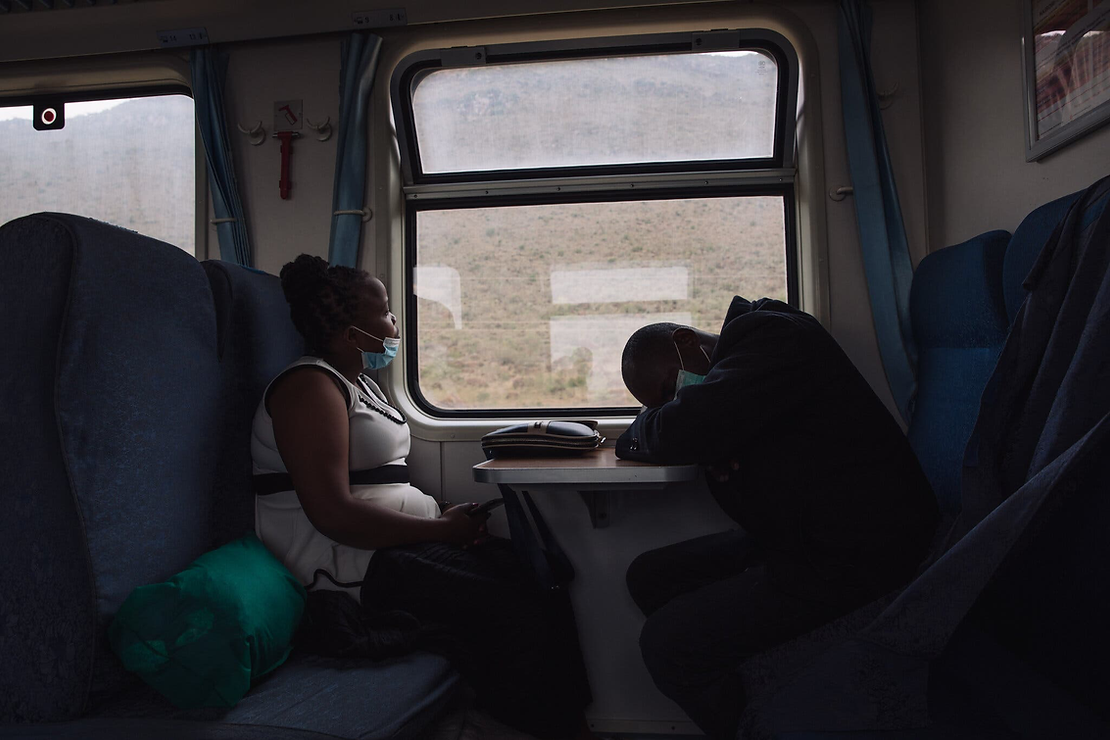By: Peter Xiao
Five years ago, in the city of Mombasa, Kenya, the president of the country, Uhuru Kenyatta, inaugurated the new railway organized and paid for by China. Unfortunately, today the railway doesn’t meet what many people expected from it.
The railway, which cost $4.7 billion, was part of China’s trillion-dollar Belt and Road Initiative, with the intent of extending its influence by funding ports, roads, and railways all over the world. The track is 367 miles long from Mombasa through the country’s capital Nairobi before ending at Rift Valley, over 200 miles away from the intended end at Uganda. Due to some African countries not having the funds to repay their debts, China held off from funding the last part of the railway to Uganda.
The railway is an example of China’s expanding role in Kenya, and with the election for the next president coming soon, it’s a topic the candidates fiercely debate about. One candidate, William Ruto, stated that he would deport Chinese workers from local jobs. Other candidates instead said that they would negotiate the debt owed to China.
Kenya’s public debt was a total of $73.5 billion in March with a gross domestic product of over $100 billion. William Ruto, one of the leading candidates, said that the debt was creating a “very precarious” situation and that the railway had so far failed to expand the economy. “We are hurting from paying the Chinese debt,” he continued.
Exim Bank of China, the financier of the railway, has demanded repayment, leading to the Kenyan government introducing taxes and austerity measures on the public. They already have to deal with higher food and fuel prices from a drought and the war between Russia and Ukraine.
Even a year after the train opened, it still wasn’t worth transporting goods using the train because it cost over double the cost to transport goods by train than by road. And yet, officials tried to make the railway profitable by compelling importers to send their cargo by rail instead of by road. This decision has since received major backlash.
A report estimated the job loss from the railway, saying that over 8,100 people employed in the trucking, fuel, and freight businesses in the county would lose their jobs. Lawrence Boy, a truck driver, reprimanded the government for “demonizing” truck drivers, forcing young jobless people to turn to crime. “We are citizens of this country, and we deserve equal rights.”
The public agrees that the situation is a mess, with a 2019-2020 poll from Afrobarometer finding that 87% of Kenyans think that their government borrowed too much money from China.
Article: https://www.nytimes.com/2022/08/07/world/africa/kenya-election-train.html











